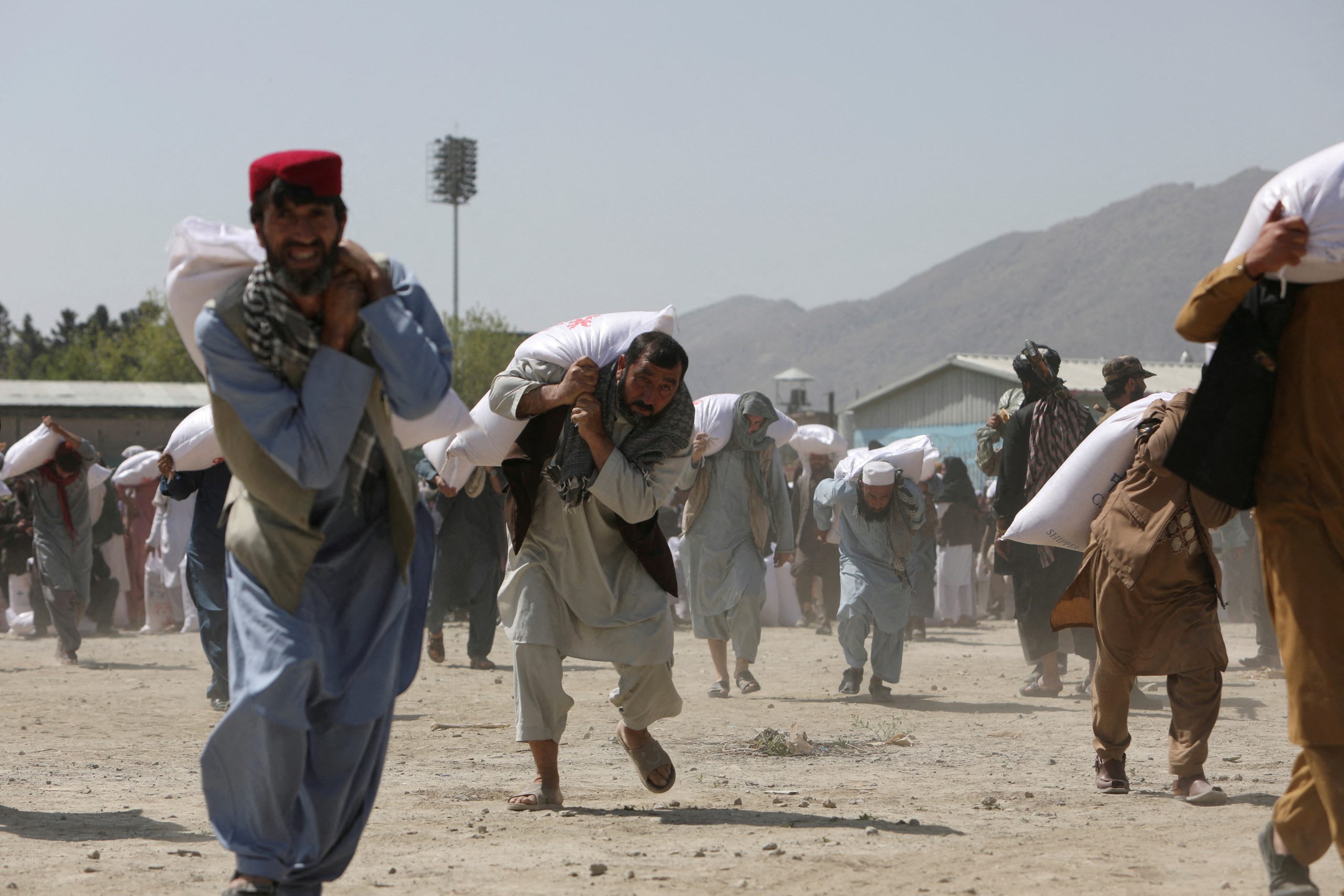
Willie R. Tubbs, FISM News
[elfsight_social_share_buttons id=”1″]
President Joe Biden wrote to Congress Wednesday declaring his intention revoke Afghanistan’s status of major non-NATO ally of the United States.
“In accordance with section 517 of the Foreign Assistance Act of 1961, as amended (22 U.S.C. 2321k), I am providing notice of my intent to rescind the designation of Afghanistan as a Major Non‑NATO Ally,” Biden wrote in a brief letter to House Speaker Nancy Pelosi.
The title of major non-NATO ally might seem ceremonial, but the designation carries major weight in terms of military aide.
While such nations enjoy no guarantees of military intervention or protection from the U.S., they are eligible to receive material assistance and supply loans to be used in defense of their countries.
Put another way, since 2012, when then-President Barack Obama first designated Afghanistan a major non-NATO ally, the country had been able to benefit from U.S. military training and was on the fast track to acquire military weaponry and equipment.
The rescinding of this status is hardly a surprise. Given the animosity between the Taliban and the West, and the American people’s rejection of Biden’s handling of the withdrawal of U.S. troops from Afghanistan last year, the only way forward for the president was to cut ties.
For its part, the Taliban has done little – and, in reality, never intended to do anything – to endear itself to the West. A party that exists on the theoretical foundation of removing non-Afghan influence from the region – theoretical given that providing safe harbor to international criminals and terrorists in part and parcel of Taliban rule – would see little political or practical value in publicly cooperating with the West.
As dictatorial leaders of Afghanistan, the Taliban have routinely encroached upon its citizens freedoms, overseen a near-unparalleled humanitarian crisis, and sought to use that crisis to guilt Western governments into unfreezing assets in Western banks.
“The Taliban have made a commitment to the international community, but more importantly, to the Afghan people to be representative of the Afghan people, to fulfill the wishes and the aspirations of the people they purport to govern,” State Department spokesman Ned Price said during a recent briefing. “At every step we have seen the Taliban fail to make good on those public and private commitments when it comes to securing the hard-won gains of the Afghan people over the course of the past two-plus decades. The United States, working with our allies and partners, we have consistently made clear that we want to see the rights of Afghanistan’s women, its girls, its minorities, including its religious minorities, protected.”
Price later added “we are going to continue to lead the world in providing humanitarian assistance for the people of Afghanistan, including for Afghanistan’s minorities, including as we continue to place pressure on the Taliban, working with our allies and partners to do so.”
